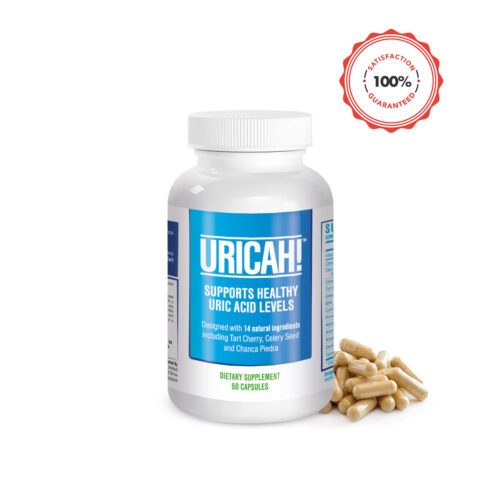Meat is a staple in many diets, but for people with gout, it’s one of the food groups that requires careful attention. While meat provides important nutrients and protein, some cuts and types are significantly higher in purines, the compounds that break down into uric acid in the body.
Understanding which meats to eat, which to limit, and how to include meat wisely can help you manage gout while still enjoying your meals.
The Link Between Meat and Gout
Gout occurs when uric acid builds up in the bloodstream and forms crystals in the joints, causing inflammation and pain. Since meat contains purines—especially in certain cuts and organ meats—it can contribute to uric acid levels if consumed in excess.
However, not all meats are equal when it comes to gout risk.
Meat Categories by Uric Acid Risk
To help guide your choices, meats can be grouped into low, moderate, and high-risk categories:
Low Risk
- Lean chicken breast
- Lean pork (e.g. pork loin, trimmed chops)
- White, non-oily fish (e.g. basa, whiting, flake)
These are considered low risk for people with gout because, while they may have moderate purine levels, they are lean, easy to portion appropriately, and are less likely to trigger gout when eaten in moderation. Their nutritional benefits and lower fat content make them safer options.
Moderate Risk
- Beef steak
- Lamb chops
- Ground beef (lean)
- Roast pork
- Turkey (especially dark meat)
These meats contain more purines and should be eaten in smaller servings. It’s best to enjoy them no more than a few times a week, and always balanced with vegetables and whole grains.
High Risk
- Beef liver
- Lamb kidneys
- Sweetbreads (pancreas or thymus)
- Duck or goose (especially with skin)
- Processed meats (sausages, salami, corned beef)
Organ meats and processed meats are particularly rich in purines and have been closely linked with gout flare-ups. These are best avoided or reserved for very occasional consumption.
Tips for Eating Meat with Gout
- Choose lean cuts and trim visible fat
- Limit portions to around 100 grams per meal
- Avoid frying—grill, roast, or poach instead
- Pair with vegetables to increase fibre and hydration
- Reduce frequency if you’ve had recent flare-ups
Also, avoid pairing meat-heavy meals with alcohol, especially beer, which can further increase uric acid levels.
Supporting Gout Management with Uricah
If you’re trying to balance your meat intake while managing gout, Uricah can provide additional support. With a natural formula of 14 carefully selected ingredients, including herbs and nutrients that help with uric acid metabolism and joint comfort, Uricah is designed to fit into a lifestyle that values smart food choices and daily wellness.
ACCELERATE DIET CHANGES
Our 14 potent, natural ingredients support the body in lowering uric acid levels, alleviating the excruciating pain and discomfort caused by gout.
URICAH™ features powerful ingredients used over thousands of years to fight gout such as Tart Cherry, Celery Seed and Chanca Piedra.
Get back on your feet and live pain free with URICAH™.
LEARN MORE

